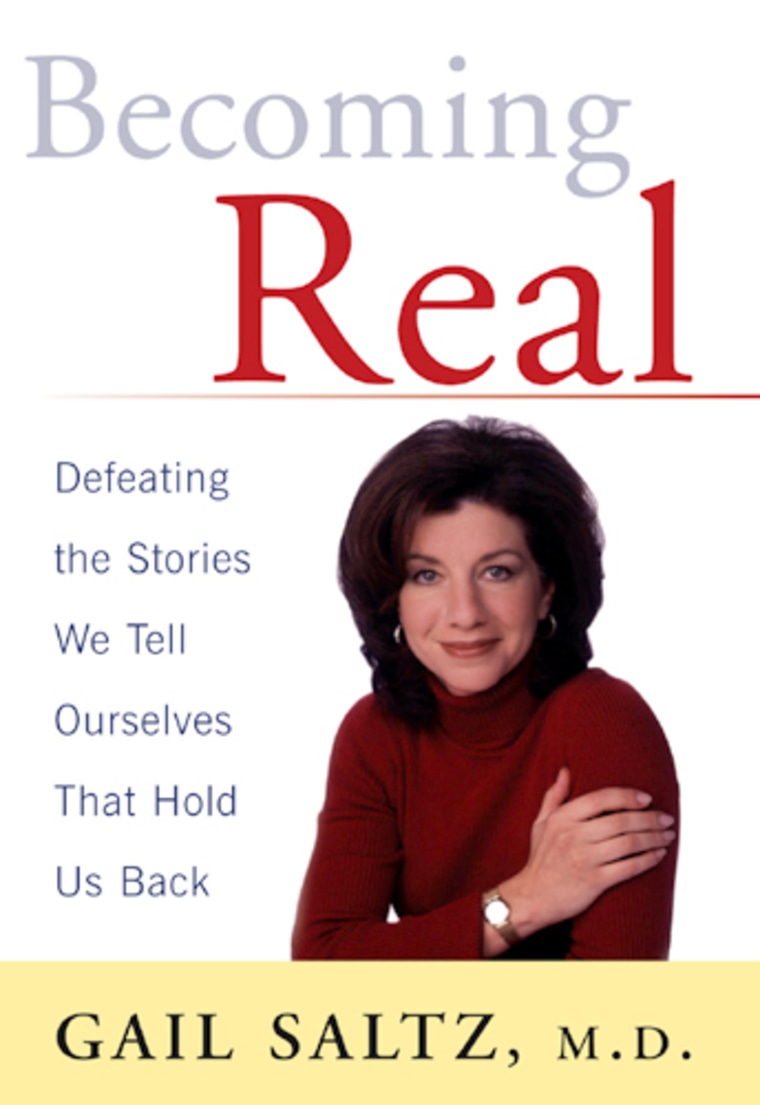This week, instead of responding to a question, I’d like to address the psychological aspects of menopause — a topic I recently spoke about at the Women’s Health Symposium at the Weill Cornell Medical Center in New York City.
We so often hear about the dropping estrogen levels of menopause and the physical symptoms this causes — hot flashes, sweating episodes, decreased vaginal lubrication — along with ugly moods, grouchiness and irritability.
But we rarely hear about the psychological meaning of menopause.
It’s an underappreciated, almost hidden subject, complicated by the many other stressors that tend to accompany this stage of life. Women of menopausal age often must cope with aging parents (or even dying parents). At the same time, there are often teenagers at home — that’s enough to make anyone grouchy.
Looking ahead, these women are on the verge of becoming empty-nesters. If they don’t work outside the home, this can mean a lot of alone time. And if her spouse has retired, it’s suddenly just the two of you. Being face-to-face with your spouse all day, with no distractions from children, can be too much of a good thing. In both cases, the marital dynamic can be sorely affected.
At the core of this transition there’s also the knowledge that, even though you don’t want more babies, you are losing your fertility. This is, after all, what menopause symbolizes. It can really affect a woman’s feeling of femininity, especially since it accompanies an aging body.
Entering this later stage of life dredges up thoughts about what it all means — how much time you have left on earth, how much longer your friends will be around, what you regret, what you left undone or missed out on. A youthful chapter of your life, when nothing but possibility loomed ahead, is undeniably receding.
You can’t turn back the clock, but you can learn to accept the passage of time and plan regenerative things for yourself in the coming days and decades. These plans won’t include having babies and rearing children, but you’ve done that already. At this stage, you’ve accomplished many life tasks successfully, and it is time to move on to other things.
Your husband might not fully understand. His midlife crisis is different. Men can’t produce babies, so he doesn’t have those loss-of-fertility pangs. Inevitably, it feels better to tell him what you’re in mourning over.
I’ll add a note about sexuality: If one (or both) of you has complaints about your sex life, there’s much you can do. It’s a myth that older women don’t have good sex. Using “enhancements” can really spark things up — lingerie you feel good in or a vibrator or other sex toys.
You can also expand your definition of sex to include mutual oral or manual stimulation. Masturbation is important — what feels good may change over time, and the best way to figure this out is to do it yourself, then incorporate it into your sex life.

Dr. Gail’s Bottom Line: Don’t forget that the psychological components of menopause, though underappreciated, are as important as the physical ones.
Dr. Gail Saltz is a psychiatrist with New York Presbyterian Hospital and a regular contributor to “Today.” Her new book, “Becoming Real: Overcoming the Stories We Tell Ourselves That Hold Us Back,” was recently published by Riverhead Books. For more information, you can visit her Web site, .
PLEASE NOTE: The information in this column should not be construed as providing specific medical or psychological advice, but rather to offer readers information to better understand their lives and health. It is not intended to provide an alternative to professional treatment or to replace the services of a physician, psychiatrist or psychotherapist. Copyright ©2004 Dr. Gail Saltz. All rights reserved.